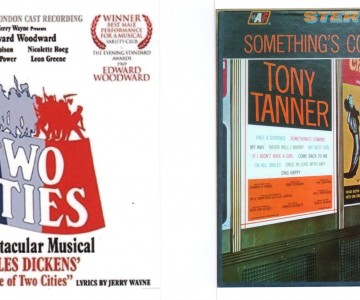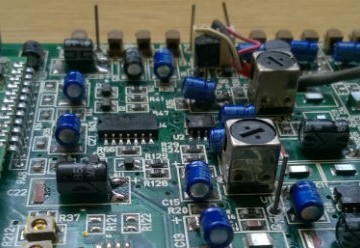01277 225316 info@audiorestored.com
Digital Compact Cassette (DCC) Transfer to CD | Audio Restored

Prices
| Digital Compact Cassettes (45, 60, 75 min) | £45 / DCC tape |
| Digital Compact Cassettes (90, 120 min) | £55 / DCC tape |
| DCC’s found to be blank once played | £10 / DCC tape |
DCC facts
- The first DCC recorders were introduced at the Firato consumer electronics show in Amsterdam in 1992.
- Fixed Magneto-Resistive (MR) heads are used in DCC recorders, and have nine tracks. Eight are used for audio, and the ninth carries meta data (timing, text, start and end times)
- The DCC tape speed is the same as analogue cassettes – 1 7/8 ips (4.8 cm/s), giving a max. playing time of 60 mins / side
- DCC records digital sources at 32 kHz, 44.1 kHz or 48 kHz, and analog sources at 44.1 kHz.
- Both sides of a DCC tape are recordable – but the head ‘flips’ by 180 degrees rather than the cassette.
- The tape width is 1/8″ (3.175mm) and the same thickness (12um) as video tape.
- Unlike analogue cassette playback heads, MR heads are resistant to the build-up of magnetism as they don’t use iron. Therefore they never need to be demagnetized.
Transfer Details
To ensure the best accuracy of sound from your DCC recordings, an all-digital signal path is employed. If your recordings were made at 48kHz and you wish to retain this higher sampling rate, just let us know, and we will return your transfer as a higher resolution data file on DVD, memory stick or file upload.
The Digital Compact Cassette (DCC) format was introduced in 1992 jointly by Philips and Matsushita and was marketed as the potential successor to the well-established analogue Compact Cassette.
Like its analogue predecessor, DCC is based on the principle of recording sound onto magnetic tape using a stationary record / playback head rather than a rotary head (helical scan system) as found in video and DAT recorders. Like Sony’s MiniDisc and the DAT format, DCC failed to achieve its full potential – even though DCC players were designed with backward compatibility, such that they could play both analogue cassettes as well as the new digital type.
Transfer of DCC to .wav file or CD is performed using a Philips DCC 730 18 bit recorder, before optional commencement of track separation and digital restoration (if required).
Contact us to discuss your requirements fully.



